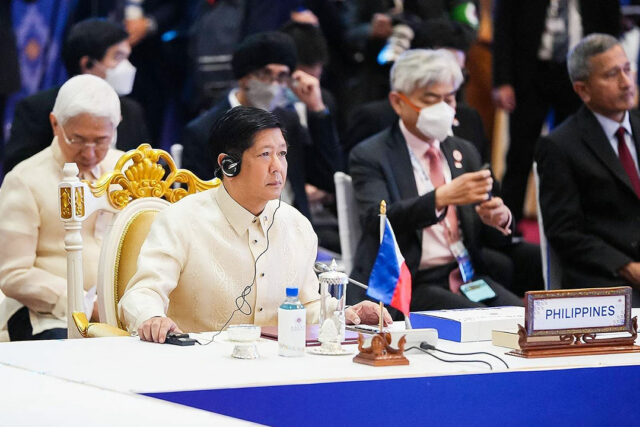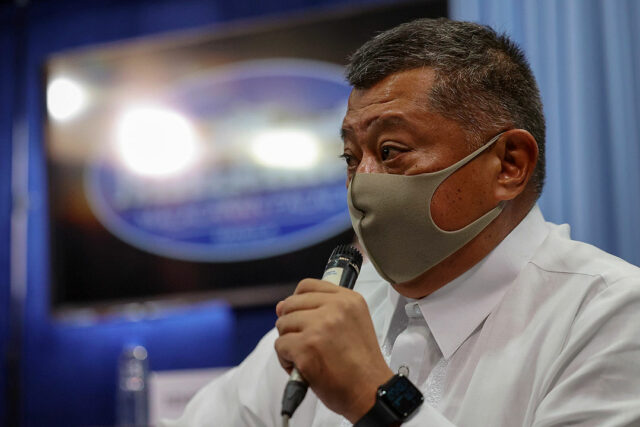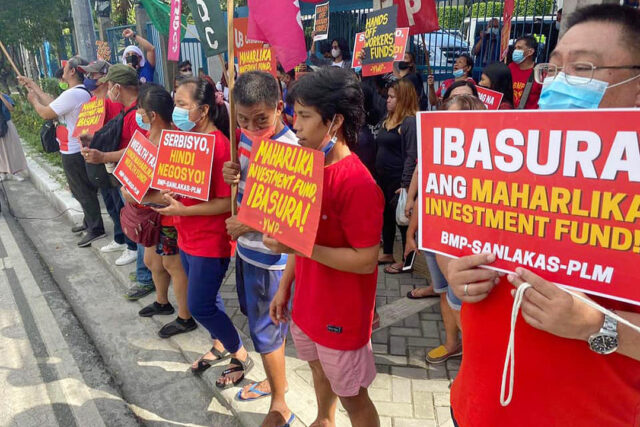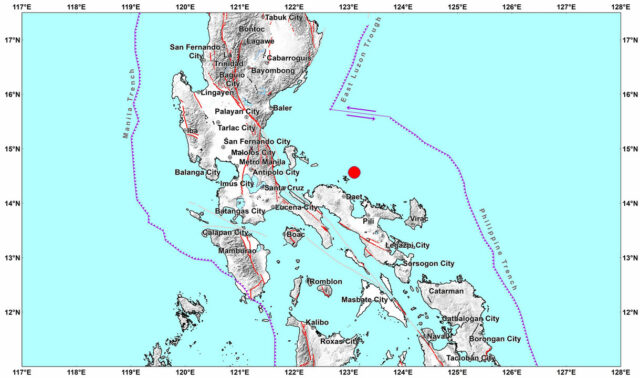If there are any silver linings from the COVID-19 pandemic, one would probably be the public’s increased enthusiasm for making use of technology in their daily lives. For the retail industry, we have seen the transition of consumers from shopping in physical stores to checking-out or “mine-ing” in online shops. Even now that the COVID restrictions have been relaxed, many still seek the convenience and advantages of purchasing online.
To protect the rights and interests of consumers online, several government agencies, particularly the Departments of Trade and Industry (DTI), Agriculture (DA), Health (DoH), Environment and Natural Resources (DENR), as well as the Intellectual Property Office of the Philippines (IPOPHL) and the National Privacy Commission (NPC), issued Joint Administrative Order (JAO) No. 22-01. This JAO is also known as the Guidelines for Online Businesses Reiterating the Laws and Regulations Applicable to Online Businesses and Consumers.
JAO No. 22-01 reminds online businesses of their responsibilities to build trust in e-commerce and to always protect and uphold the interest of consumers by complying with all Philippine laws, rules, and regulations. It also indicates the liabilities of online businesses, e-commerce platforms and e-marketplaces, as well as responsibilities of government agencies and remedies available to consumers.
As we are nearing the holiday season, when consumers tend to do more online shopping in preparation for the festivities, let us revisit some of the key points of JAO No. 22-01, which addresses the usual concerns in online transactions:
• Applicable laws — The laws applicable to physical or offline businesses are, as far as practicable, equally applicable to online businesses.
• Product information — Online businesses must provide easily accessible, complete, and correct information about their goods and services, and adhere to fair advertising and marketing practices. This includes information about the products’ quality, style, shape, size, color, condition (new, unused, repackaged, second-hand), quantity or availability, truthful price advantage (discounts), authorized trademark, authenticity, etc.
• Price transparency — Online businesses must ensure transparency and openness regarding prices, including any additional costs, such as customs duties, currency conversion, shipping, delivery, taxes, service/processing fees, and convenience fees.
• Price tag placement — product listings by e-retailers or merchants on marketplaces/platforms must contain the price(s) of the products/services in pesos and must display payment policies, delivery options, returns, refunds and exchange policy, and other charges, if applicable. The total price must be clear, updated and accurate to avoid misleading online consumers. The “DM is key” practice, requiring the customer to direct-message before a price is given, is considered a violation of the Price Tag Law.
• Data Privacy — Personal information collected by online sellers, merchants or e-retailers may be obtained and retained only for legitimate purposes. All personal information must be secured with reasonable and appropriate security measures to guard against use for purposes other than what the consumer has consented to.
• Defective products and services — Under Republic Act No. 7934 or the Consumer Act of the Philippines, online sellers, like other tradesmen, bear the liability of the manufacturer, producer, and any importer of the defective products when (a) it is not possible to identify or there is no clear identification of the manufacturer, builder, producer or importer of the product supplied; or (b) the online sellers do not adequately preserve perishable goods.
• Regulated or prohibited products — For regulated goods, online businesses must exhibit the corresponding license or permit number as prescribed by the applicable government agencies. On the other hand, online sellers may in no case be allowed to sell or distribute goods and services specifically prohibited by law.
• Review and cancellation options — Online businesses must offer options to allow consumers to review their transactions prior to final purchase and to cancel or withdraw from confirmed transactions in appropriate circumstances. I would like to emphasize the words “in appropriate circumstances” as bogus buyers (buyers who don’t pay for their purchases) and joy reservers (buyers who keep on reserving items but will not actually buy it) are also not tolerated by the law. Under the JAO, fraudulent acts both by online businesses and consumers are to be dealt with in accordance with existing penal/special laws.
• Non-proliferation of fake online reviews — online businesses may neither restrict the ability of consumers to make critical or negative reviews of goods or services, nor spread wrong information about competitors.
• Consumer complaints — DTI implements a “No Wrong Door Policy,” which means that any consumer complaint filed with the DTI, whether the subject matter falls under its jurisdiction, is to be accepted for appropriate assistance, subject to the limitations imposed by law. Online consumers may file complaints with the DTI via walk-in, consumer care hotlines, and written complaints. However, the consumer may opt to seek resolution with the online business first before resorting to intervention by the DTI or any other regulatory agency.
• Electronic messages as court evidence — Communications of online sellers, merchants, e-retailers, and consumers, whether done via social media, e-commerce platforms, or any other form of electronic communications using an electronic device, qualify as electronic data messages. Screenshots of such electronic communications may be used as evidence to prove a fact or establish a right in administrative or judicial proceedings, subject to rules issued by the Supreme Court.
While the government extends efforts to regulate online businesses, we as consumers must also do our part and exercise caution with our online transactions. As an avid online shopper even before the pandemic, let me share some personal protocols before I purchase from any online shop for the first time: (1) do some background checks about the online shop before confirming a transaction; (2) choose cash on delivery mode of payment, if applicable, otherwise, use regulated payment channels; (3) never share or input on apps/websites any bank or financial information unless you have fully established the authenticity of the shop and the security of the payment gateway used; and (4) opt for trusted delivery channels rather than meetups.
Well then, are we now set to make some “bad decisions”? I mean, happy shopping!
The views or opinions expressed in this article are solely those of the author and do not necessarily represent those of Isla Lipana & Co. The content is for general information purposes only, and should not be used as a substitute for specific advice.
Nestine Buisan is a manager at the Tax Services department of Isla Lipana & Co., the Philippine member firm of the PwC network.
nestine.p.buisan@pwc.com














